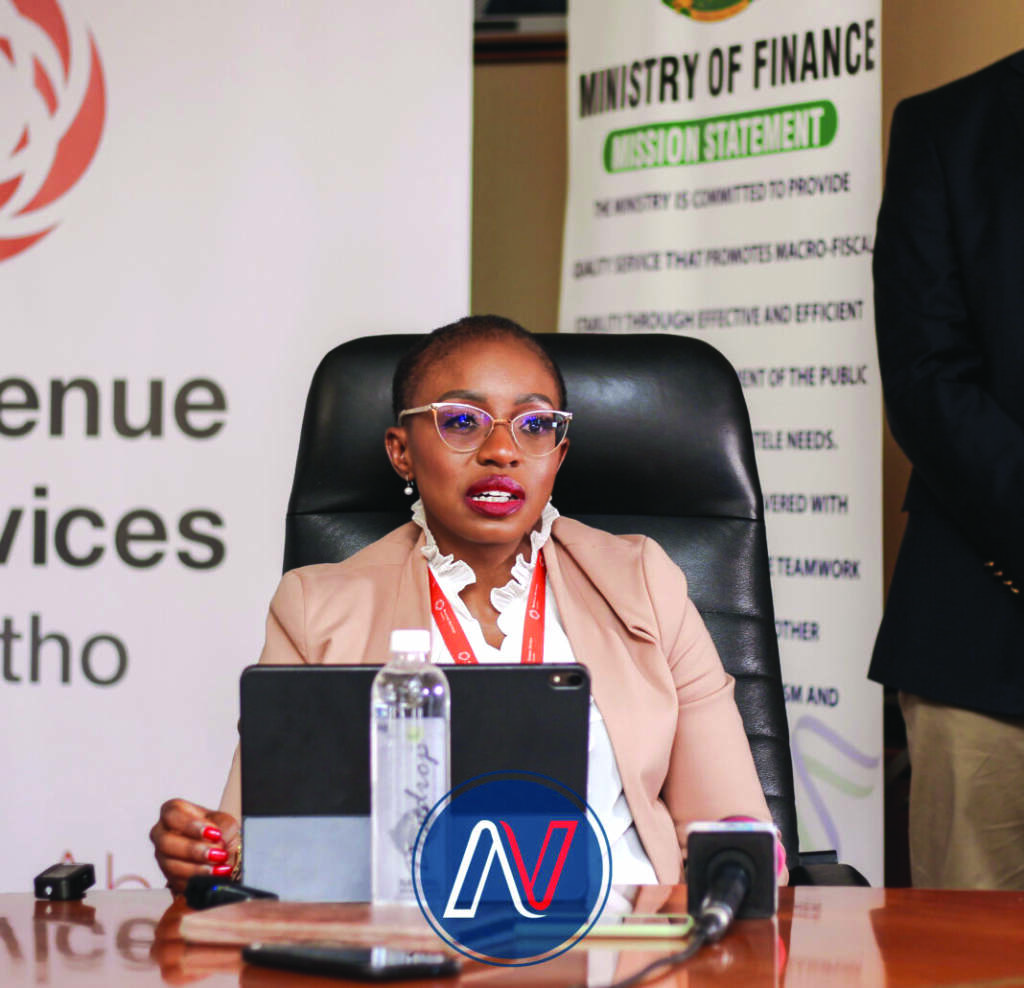… They dare High Court: ‘Don’t reverse electricity price hike’
Relebohile Makhetha
The Lesotho Electricity and Water Authority (LEWA) and the Lesotho Electricity Company (LEC) are vehemently defending LEWA’s decision to raise electricity prices by 9.6286 percent.
This move, announced by LEWA on March 20 this year, has ignited a fierce debate over its potential ramifications for both consumers and the financial stability of LEC.
At the heart of the dispute is a local pressure group, the Advocates for the Supremacy of the Constitution, more commonly known as SECTION 2, which has taken the matter to the High Court’s commercial division.
SECTION 2 is seeking an order to review and set aside LEWA’s decision to approve the tariff increase, citing concerns over procedural fairness and transparency.
The pressure group contends that LEWA endorsed the tariff hike without the submission of LEC’s latest audited financial statements, crucial documents for evaluating the rationale behind the proposed tariff increments.
In court papers, SECTION 2 expressed dismay over LEWA’s failure to address their objections and proceed with the tariff hike despite the absence of necessary financial documentation.
“The decision of the 2nd Respondent (LEWA board) to endorse the escalation in electricity tariffs in the absence of the 4th Respondent (LEC)’s most recent audited financial statements lacks a rational foundation and constitutes a significant infringement of procedural fairness and natural justice,” SECTION 2 asserted.
However, in an answering affidavit, Motlatsi Ramafole, Chief Executive Officer of LEWA, vehemently denied any wrongdoing on the part of the authority.
Ramafole emphasized LEWA’s duty to balance consumer interests with the financial viability of LEC, highlighting the need to ensure the company’s ability to provide electricity without compromise.
“I reiterate that the authority’s duty is to balance the interests of consumers without the need to disable LEC to provide electricity and LEC can only be able to provide that electricity by being able to purchase it from its sources, to repair and maintain equipment, purchase new property, renew its operating licence, pay its staff and generally to operate as any viable business concern would,” Ramafole said.
“This is exactly what the Authority has considered in its review of LEC’s tariff application which is the subject of the current application. It is significant that one of the key suppliers of electricity to LEC namely ESKOM has just increased its electricity tariff by 12 percent, a cost which LEC cannot run away from,” he added.
Ramafole argued that if LEWA was to exclusively prioritise consumer concerns without considering LEC as a business entity, it would neglect its duty and jeopardise the continued viability of LEC.
He warned that such a scenario could potentially plunge the country into darkness at any time, stressing that it would be irresponsible for the authority to risk such an outcome.
“There is no basis in reviewing and setting aside the tariff determination made by the Authority on March 2024. Setting aside that tariff can only sound a death knell to the LEC,” he said.
Mohlomi Seitlheko, Managing Director of LEC, echoed Ramafole’s sentiments, warning of dire consequences if LEWA’s decision was to be overturned.
Seitlheko argued that setting aside the tariff increase would cripple LEC’s operations, jeopardising the entire nation’s power supply.
“Setting aside such a decision will cripple LEC which will then fail to discharge its functions and that will not only be detrimental to LEC but to the entire Basotho nation as LEC is the sole supplier of electricity in the entire Kingdom,” he said.
“Even assuming without conceding that the decision of the Authority is vitiated by the non-availability of the audited financial statements of the period ending on March 31, 2023, it cannot be disputed that such is cured by the provision of management accounts provided and therefore there is substantial compliance with the requirements of the Regulations in order to come to a just and reasonable decision,” he added.
Furthermore, he clarified that the tariffs have been in effect since April 1, 2024, following the completion of all necessary processes.
He emphasised that a large segment of the population has already been affected by the tariffs, and reversing them would not only result in revenue loss but also require the restitution of revenue already collected, potentially leading to the collapse of LEC.
“Thus, even if it is found that the Authority erred, these being review proceedings and therefore a discretionary remedy, the court in the present case is entitled not to grant the remedy and dismiss the application,” he said.
Summary
- “I reiterate that the authority’s duty is to balance the interests of consumers without the need to disable LEC to provide electricity and LEC can only be able to provide that electricity by being able to purchase it from its sources, to repair and maintain equipment, purchase new property, renew its operating licence, pay its staff and generally to operate as any viable business concern would,” Ramafole said.
- “Setting aside such a decision will cripple LEC which will then fail to discharge its functions and that will not only be detrimental to LEC but to the entire Basotho nation as LEC is the sole supplier of electricity in the entire Kingdom,” he said.
- “Even assuming without conceding that the decision of the Authority is vitiated by the non-availability of the audited financial statements of the period ending on March 31, 2023, it cannot be disputed that such is cured by the provision of management accounts provided and therefore there is substantial compliance with the requirements of the Regulations in order to come to a just and reasonable decision,” he added.

Your Trusted Source for News and Insights in Lesotho!
At Newsday Media, we are passionate about delivering accurate, timely, and engaging news and multimedia content to our diverse audience. Founded with the vision of revolutionizing the media landscape in Lesotho, we have grown into a leading hybrid media company that blends traditional journalism with innovative digital platforms.





